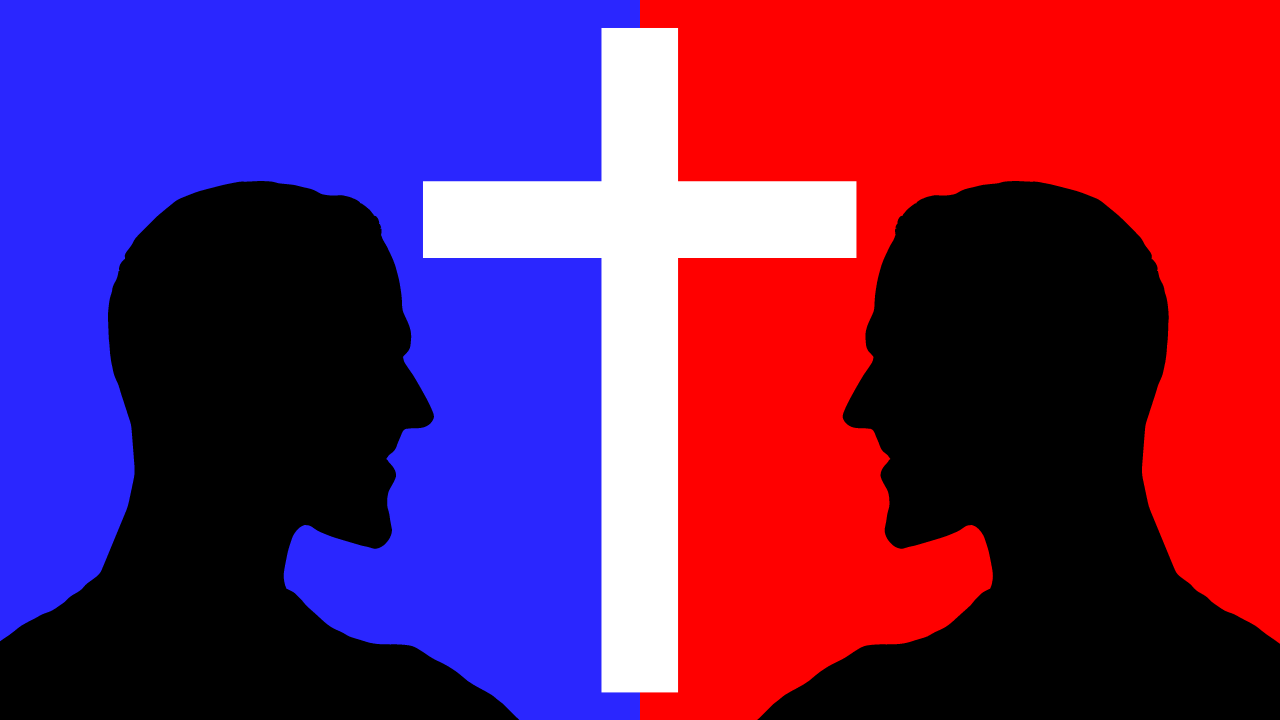The Time Jesus Called Two Men from the Political Left and Right
Matthew and Simon's backgrounds were very different.
There are two interesting names among the twelve apostles.
And when it was day, He called His disciples to Himself; and from them He chose twelve whom He also named apostles: Simon, whom He also named Peter, and Andrew his brother; James and John; Philip and Bartholomew; Matthew and Thomas; James the son of Alphaeus, and Simon called the Zealot; Judas the son of James, and Judas Iscariot who also became a traitor. (Luke 6:13-16)
Matthew and Simon called the Zealot.
Who was Matthew?
Matthew was a tax collector when Jesus called him.
As Jesus passed on from there, He saw a man named Matthew sitting at the tax office. And He said to him, "Follow Me." So he arose and followed Him. (Matthew 9:9)
The Pharisees considered tax collectors to be on the same level as sinners
Now it happened, as Jesus sat at the table in the house, that behold, many tax collectors and sinners came and sat down with Him and His disciples. And when the Pharisees saw it, they said to His disciples, "Why does your Teacher eat with tax collectors and sinners?" (Matthew 9:10-11)
Tax collectors in the first-century world worked for the Roman Empire. The Jews hated being under Roman rule. They considered Jewish tax collectors corrupt (which some were) and traitors to their nation.
The Jewish “conservatives” of Jesus’ day would have considered Matthew a left-leaning “liberal” who cared nothing about his nation or God.
And yet, Jesus came for these “liberals.”
When Jesus heard that, He said to them, "Those who are well have no need of a physician, but those who are sick. But go and learn what this means: 'I DESIRE MERCY AND NOT SACRIFICE.' For I did not come to call the righteous, but sinners, to repentance." (Matthew 9:12-13)
Who was Simon?
Simon is referred to as a “Zealot” (Luke 6:15).
What was a zealot?”
Strong’s dictionary says a zealot was a “partisan for Jewish political independence.”
According to Backgrounds of Early Christianity, the Zealots thought “it was unlawful to pay taxes to Rome, for God alone was Lord; God would help the Jews throw off foreign rule if they undertook armed rebellion against Roman rule.” (see page 497-498).
Some Zealots were known as the Sicarii (Acts 21:38) - which means “knife-men.” They were assassins who would kill people working with the Romans - like tax collectors.
The first-century Jews would have viewed the Zealots as very conservative and patriotic toward their nation - even being willing to die for their nation and their God.
And yet, Jesus came for these “conservatives” as well.
The Gospel is Greater.
The Gospel of Jesus is not a message that belongs to the political right or left. It’s not a message that only one group needs to hear.
Jesus addressed both sides just a few verses after calling them.
Simon’s side…
"But I say to you who hear: Love your enemies, do good to those who hate you, bless those who curse you, and pray for those who spitefully use you. To him who strikes you on the one cheek, offer the other also. And from him who takes away your cloak, do not withhold your tunic either. Give to everyone who asks of you. And from him who takes away your goods do not ask them back. And just as you want men to do to you, you also do to them likewise. (Luke 6:27-31)
And Matthew’s side…
"But if you love those who love you, what credit is that to you? For even sinners love those who love them. And if you do good to those who do good to you, what credit is that to you? For even sinners do the same. And if you lend to those from whom you hope to receive back, what credit is that to you? For even sinners lend to sinners to receive as much back. But love your enemies, do good, and lend, hoping for nothing in return; and your reward will be great, and you will be sons of the Most High. For He is kind to the unthankful and evil. Therefore be merciful, just as your Father also is merciful. (Luke 6:32-36)
The Gospel is for all (Romans 1:16-17).




